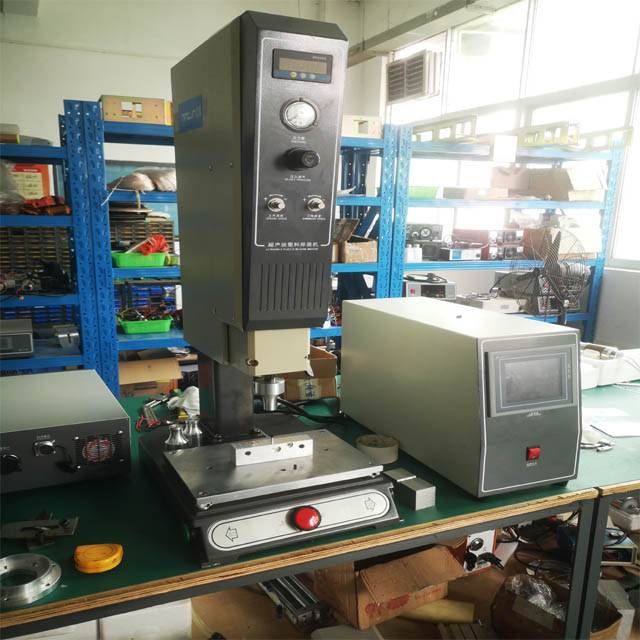Trends in the Ultrasonic Welder Market:
Automation and Industry 4.0 Integration: Ultrasonic welders were increasingly integrated
into automated manufacturing processes, in line with the broader Industry 4.0 trend. This
integration allowed for greater precision, control, and data collection in ultrasonic welding
operations.
Miniaturization and Lightweight Design: Ultrasonic welding technology was evolving to
become more compact and lightweight, enabling its integration into smaller and more portable
machines for various industries.
Improved Materials Compatibility: Ultrasonic welding systems were being designed to work
with a wider range of materials, including advanced composites, thermoplastics, and metals,
expanding their applications in industries such as automotive, electronics, medical devices,
and packaging.
Energy Efficiency: Efficiency and energy consumption were significant considerations in
ultrasonic welding technology. Manufacturers were developing systems with reduced energy
consumption, making them more environmentally friendly and cost-effective.
Customization and Versatility: Ultrasonic welding machines were becoming more versatile,
with customizable options to meet specific industry and application requirements.

Usage Market Analysis:
Automotive Industry: Ultrasonic welders continued to play a crucial role in the automotive
industry for applications like assembling interior and exterior components, sensors, and wiring
harnesses. The trend towards electric vehicles also increased the demand for ultrasonic welding
in battery and electronic component manufacturing.
Electronics and Consumer Goods: Ultrasonic welding found extensive usage in the electronics
industry for assembling components like connectors, casings, and PCBs. Consumer goods such
as appliances, toys, and packaging benefited from the precision and speed of ultrasonic welding.
Medical Devices: The medical device industry relied on ultrasonic welding for its ability to create
hermetic seals in components like syringes, IV catheters, and blood bags, ensuring product integrity
and safety.
Packaging Industry: Ultrasonic welding was employed in the packaging industry for sealing plastic
films, creating blister packs, and producing various types of bags and containers, ensuring product
freshness and security.
Textiles and Nonwovens: Ultrasonic welding was used in textile and nonwoven applications for
bonding fabrics and producing items like surgical gowns, filters, and disposable medical products.
Aerospace and Defense: The aerospace and defense sectors utilized ultrasonic welding for applications
such as sensor housing, cable assemblies, and lightweight structural components.
Renewable Energy: Ultrasonic welding had applications in the renewable energy sector for assembling
components in solar panels and wind turbines.
Phone: +86-15989541416
E-mail: michael@sztimeast.com
Whatsapp:+86-15989541416
Add: 3/F, Building 5,Huixin Intelligent Industrial Park, Xinhu, Guangmin, Shenzhen,China 518107